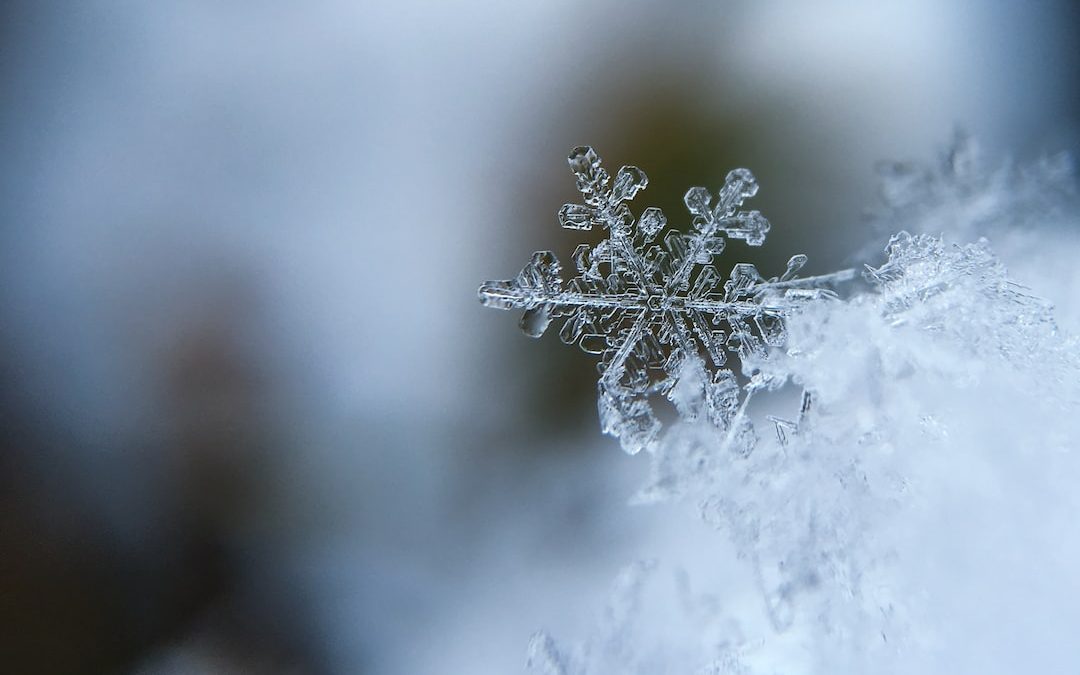Table of Contents
Climbing the Extreme of Mount Kilimanjaro
Introduction
Mount Kilimanjaro is the highest mountain in Africa, standing at 5,895 metres above sea level. It’s a breathtaking wonder of nature that attracts thousands of visitors every year, all of whom are looking to experience the thrill of climbing to the summit. Those brave enough to take on the challenge of an ‘extreme’ Kilimanjaro climb will face a range of difficulties, from extreme weather conditions to unpredictable terrain, but the reward of reaching the summit is worth the effort. Read on to discover the essential tips for successfully climbing Kilimanjaro’s extreme side.
Physical and Mental Preparation
Climbing extreme Kilimanjaro requires a great deal of both physical and mental preparation. It’s important to make sure your body is in peak condition and able to withstand the rigors of the trip. This includes regular exercise and cardiovascular training, as well as a healthy diet and plenty of rest. Additionally, it’s crucial to be aware of the mental challenges that come with high altitudes, such as fatigue, headaches, dizziness, and difficulty concentrating. Make sure to take the necessary steps to stay mentally and physically fit before the climb.
Gear and Equipment
No matter how well you prepare, you can’t climb extreme Kilimanjaro without the right gear and equipment. This includes the basics, such as good quality hiking boots, waterproof clothing, and a first-aid kit. It’s also important to have a good quality sleeping bag, as temperatures can drop to as low as -10°C at night. Additionally, make sure to bring plenty of snacks and water, as well as a source of light for navigating in the dark.
Route Planning
Careful route planning is essential for a successful Kilimanjaro climb. It’s important to have a thorough understanding of the terrain and the various routes available. Make sure to research the different paths and choose the one that best suits your experience level, fitness, and goals. Additionally, it’s important to plan for rest days, as the high altitude can make it difficult to move quickly.
Acclimatisation
Acclimatisation is key when climbing extreme Kilimanjaro. As you ascend, your body needs time to adjust to the changing environment. This includes taking regular breaks, drinking plenty of water, and avoiding alcohol and caffeine. Additionally, it’s important to be aware of the symptoms of altitude sickness, such as headaches, nausea, and dizziness, as these can be serious. If any of these symptoms occur, it’s important to take action immediately.
Safety and Support
Safety is paramount when climbing extreme Kilimanjaro. Make sure to hire a reputable guide and support team who are experienced in dealing with the terrain and conditions. Additionally, it’s important to have a good emergency plan in place in case of any accidents or injuries. This includes having a satellite phone for communication and a comprehensive first-aid kit.
Weather and Terrain
The weather and terrain on Kilimanjaro can be unpredictable and difficult to navigate. Make sure to be prepared for extreme temperatures, ranging from hot in the day to freezing at night. Additionally, the terrain can be rough and uneven, so it’s important to have the right footwear and equipment. Make sure to pay close attention to the weather forecasts and adjust your route if necessary.
Stay Hydrated
Staying hydrated is essential when climbing extreme Kilimanjaro. Make sure to drink plenty of water throughout the day and avoid alcohol and caffeine, as these can have a dehydrating effect. Additionally, it’s important to bring along snacks that are high in energy and electrolytes, such as nuts and dried fruit.
Altitude Sickness
Altitude sickness is a real danger when climbing extreme Kilimanjaro. It’s important to be aware of the symptoms and take the necessary steps to prevent it. This includes taking regular breaks, drinking plenty of water, and avoiding alcohol and caffeine. Additionally, it’s important to monitor your oxygen saturation levels closely and seek medical attention if necessary.
Nutrition and Energy
Nutrition and energy are key when climbing extreme Kilimanjaro. Make sure to bring snacks that are high in energy, such as nuts and dried fruit. Additionally, it’s important to eat meals that are rich in carbohydrates, such as pasta and rice, to help keep your energy levels up. Make sure to stay hydrated throughout the day and avoid alcohol and caffeine.
Timing and Pace
Timing and pace are important when climbing extreme Kilimanjaro. Make sure to plan your route carefully and set realistic goals. Additionally, it’s important to take regular breaks and avoid pushing yourself too hard. Make sure to adjust your pace if necessary and take the necessary steps to stay safe.
Summary
Climbing extreme Kilimanjaro is a challenging but rewarding experience. It’s important to be prepared both physically and mentally and to have the right gear and equipment. Additionally, it’s important to be aware of the terrain and conditions and to take the necessary steps to stay safe. With careful preparation and planning, you can make it to the summit and experience the thrill of a lifetime.












